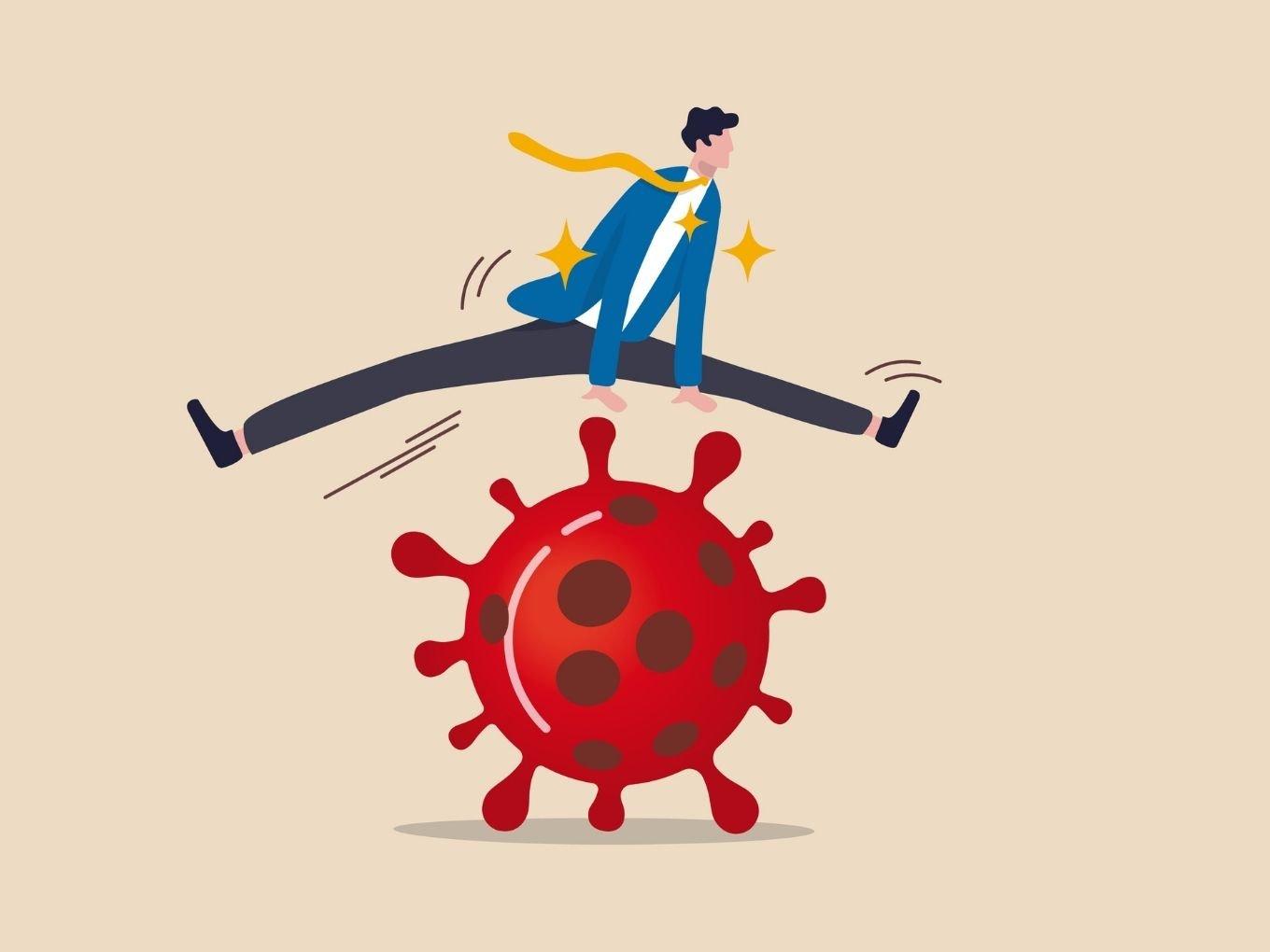
As the lockdown progressed, several startups worked diligently to bridge this gap between education and skill requirement for companies
While digital transformation is not an outcome of the pandemic, it has grown swiftly in the past six to eight months and falls under the hyper-acceleration hypothesis segment
Businesses need to be agile and adapt intelligently and swiftly to meet revised consumer needs and stay relevant
As the country continues to make its way out of the lockdown imposed to combat the Covid-19 pandemic, businesses continue to reel under its impact. The year witnessed a massive economic disruption as hundreds of businesses were forced to shut down, while for others remote working and digital operations became the norm. In this ever-changing environment, what we witness is a mixed bag – hyper-acceleration of certain hypothesis, deceleration in certain industries and sectors, emergence of new categories and perhaps sunset of a few.




 Fintech
Fintech Travel Tech
Travel Tech Electric Vehicle
Electric Vehicle Health Tech
Health Tech Edtech
Edtech IT
IT Logistics
Logistics Retail
Retail Ecommerce
Ecommerce Startup Ecosystem
Startup Ecosystem Enterprise Tech
Enterprise Tech Clean Tech
Clean Tech Consumer Internet
Consumer Internet Agritech
Agritech




























